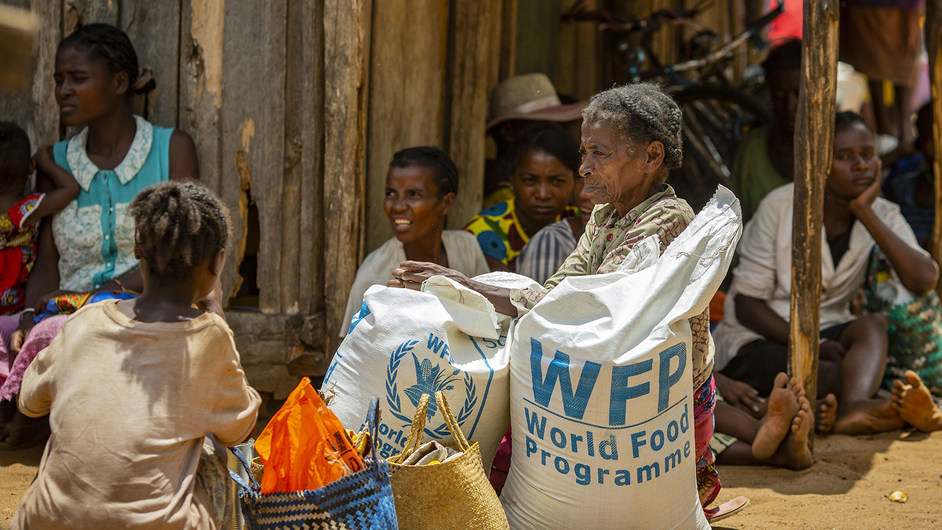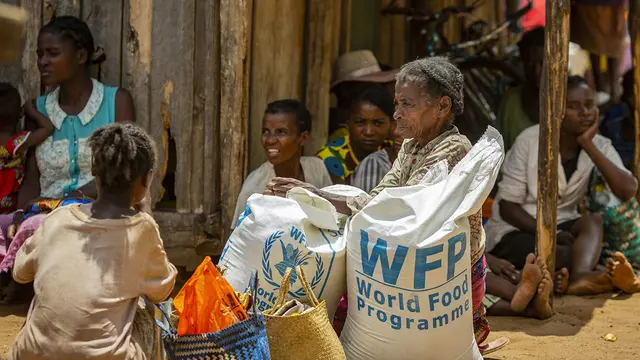
FILE PIC: In the south of Madagascar, known as the Grand Sud, hundreds of thousands of people are suffering from one of the worst droughts in the region in 40 years. /UN
In the south of Madagascar, known as the Grand Sud, hundreds of thousands of people are suffering from one of the worst droughts in the region in 40 years, the most senior UN official in the country has said, warning that the population is facing a severe humanitarian crisis.
Issa Sanogo, the UN Resident Coordinator in Madagascar, visited the area recently and spoke to UN News about how climate change is making life increasingly difficult for the people who live there and how the UN is helping those in need.
"We started the visit in Betroka, an area known for its insecurity because of the presence of 'Dahalo,' the local name for cattle rustlers, which is now faced with food insecurity due to drought resulting from low rainfall, he submits.
"We then moved further south to Amboasary and Ambovombe, two areas located in arid lands, where we encountered populations dealing with crop failures. Here, almost three million people are suffering the consequences of two consecutive extreme droughts. In the town of Amboasary Atsimo, about 75 percent of the population is facing severe hunger and 14,000 people are on the brink of famine."
"This is what the real consequences of climate change look like, and the people here have done nothing to deserve this. Nevertheless, I have seen that they are ready to take up the challenge, with our immediate and medium-term support, and get back on their feet."
In the village of Marovato, located only eight kilometers from Ambovombe, the people have not been targeted for help, as they are considered part of the urban population and therefore do not meet the criteria for support.
However, people have been significantly affected by sandstorms; all of their croplands are silted up, and they cannot produce anything. Most areas in the south are already in a nutritional emergency, so it is inevitable that women and children will be even more affected if we don't intervene.
Donors have given generously towards the Flash Appeal made at the beginning of the year, providing more than $40 million, which has enabled some 800,000 people to receive life-saving assistance.
However, the drought has gone on for longer than expected, and the funds received are insufficient to cover current and future needs. We must act now: annual crops are a problem that will probably become a new crisis in the next agricultural season.
Resilience is the solution, and there is an urgent need to implement long-term solutions led by the Government. However, right now people need support and humanitarian assistance to get them on their feet and making a living.
"The hunger season is coming. We are in danger of seeing people who have endured the prolonged drought enter the lean season without the means to eat, without money to pay for health services, or to send their children to school, to get clean water, and even to get seeds to plant for the next agricultural season. If we don't act soon, we will face a much more severe humanitarian crisis.”
(With input from UN-News)
 简体中文
简体中文

